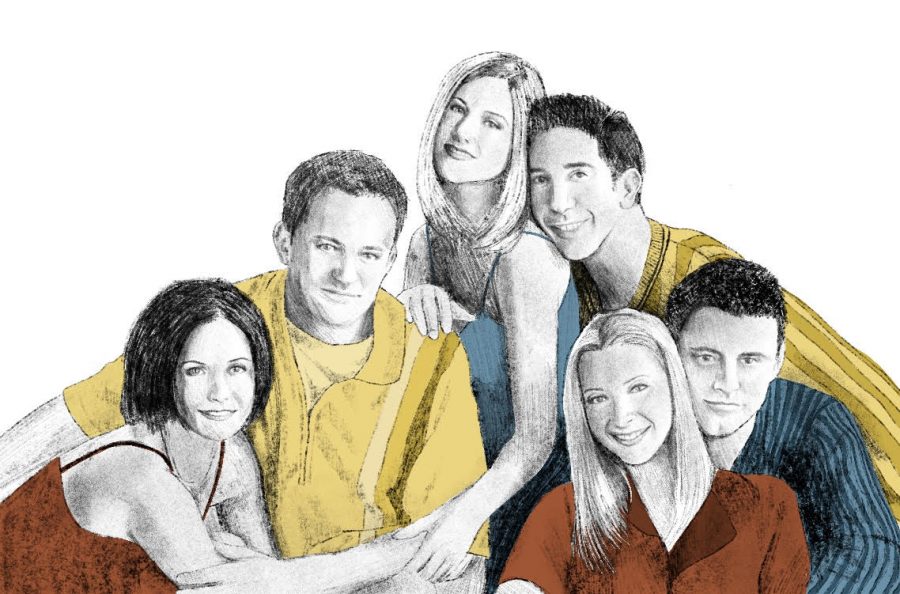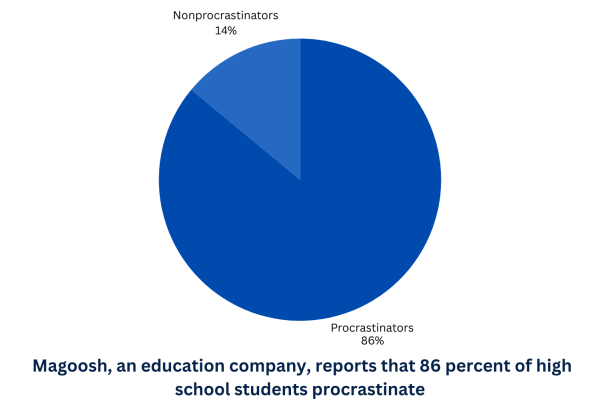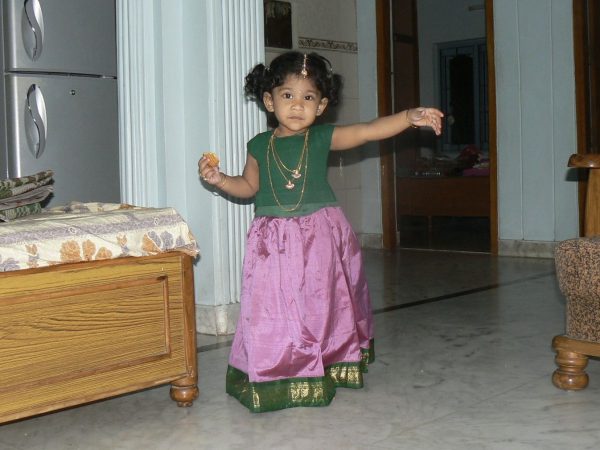Your Favorite Sitcom Characters are Evil
Although viewers perceive most sitcom characters to be loveable, like the cast of “Friends,” many of them have large flaws that viewers look over with care.
The sitcom has been a staple of American television since TVs became common. Americans in the 1950s watched “I Love Lucy.” “All in the Family” dominated the early ‘70s, “The Cosby Show” in the late ‘80s. NBC’s “Must See TV” lineup ruled the ‘90s and early 2000s. Today, shows like “Friends,” “The Office,” and “New Girl” are popular series to binge. Monica Geller, Michael Scott and Nick Miller are all regular visitors to our TV screens and our hearts.
Yet our love for the sitcom comes with a dark twist. Our favorite sitcom characters are evil, horrible monsters. This may seem like an outlandish claim, but it’s the truth. One of the prime examples of this is “Friends,” a show about six friends living in New York and their loveable adventures. However, every single character on “Friends” is a truly twisted person.
Chandler, aside from being a homophobe who doesn’t want his father at his wedding simply because he cross-dresses (granted, this was unfortunately a more acceptable view in the ’90s), once left Rachel’s boss handcuffed overnight in her office without intending to come back for her. Ross is an awful parent, whose child only appears in 16 out of 236 episodes. When Ross isn’t being a negligent parent, he’s being a womanizer: Ross dates one of his students, cheats on Rachel, and gaslights a woman into thinking he’s a masseuse so he can massage her.
Joey holds the crown for creepiest friend though, as he constantly enters relationships with women under false pretenses. Arguably more sinfully, Joey doesn’t share food, which is seriously messed up. Rachel flew across the world with the intention of purposely sabotaging someone else’s wedding. Monica is emotionally manipulative, giving a speech so that she can make people cry. And Phoebe? Phoebe is physically violent, takes money away from orphans and once considered planting drugs in Monica’s apartment.
It’s not just “Friends,” though; nearly every favorite sitcom character is the moral equivalent of moldy bread. One of the more notable examples is Jim from “The Office.” Jim presents himself as a carefree, easy going guy, but he’s actually a big bully. Dwight often finds himself the butt of Jim’s pranks, to our amusement. Jim’s pranks go far beyond abusive. They have a tendency to involve violence and often take advantage of Dwight’s extreme lack of social awareness, which some fans, notably the blog Undercover Autie, consider a sign that Dwight might be neurodivergent.
Beyond Jim’s constant abuse of a man who is potentially neurodivergent, Jim treats people horribly. He actively pursues Pam while she’s engaged. Later, when the two get married, he behaves selfishly or even cruelly to Pam, yelling at her for failing to record a recital he missed because he was prioritizing his business over family. He’s dismissive of Michael’s genuine attempts to be his friend and coldly breaks up with Karen after she moved to be with him.
Other notable examples include George from “Seinfeld,” who accidentally kills his fiance and shows no remorse; the male main characters in “The Big Bang Theory,” who use their dorkiness to excuse acts of misogyny and even sexual harassment; and the lovable government workers of “Parks and Rec” who constantly use their positions to manipulate and torture each other. Obviously, these characters are written for TV, and TV about perfect angels isn’t compelling, but the writers want us to interact with them, at least on some level, as if they are real people. And we do love to interact with these horrible people.
But why? Why do we get such impish glee from watching these monsters inflict pain on one another? Maybe it’s because at the end of nearly every episode, life is okay for these people. The Friends solve their problems, or at least avoid their consequences. The “Parks and Rec” gang learns an important lesson and gets closer as a family. Jim ends up with Pam. And that makes us feel good. Because if these demons can be happy, maybe, just maybe, us regular folks will be able to find happiness at the end of every episode, too. Well, at least by the series finale.











Cathleen Dohrn, PhD • Dec 16, 2020 at 10:13 am
Great sketch, Paige!!